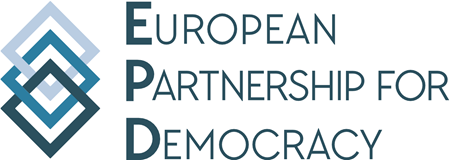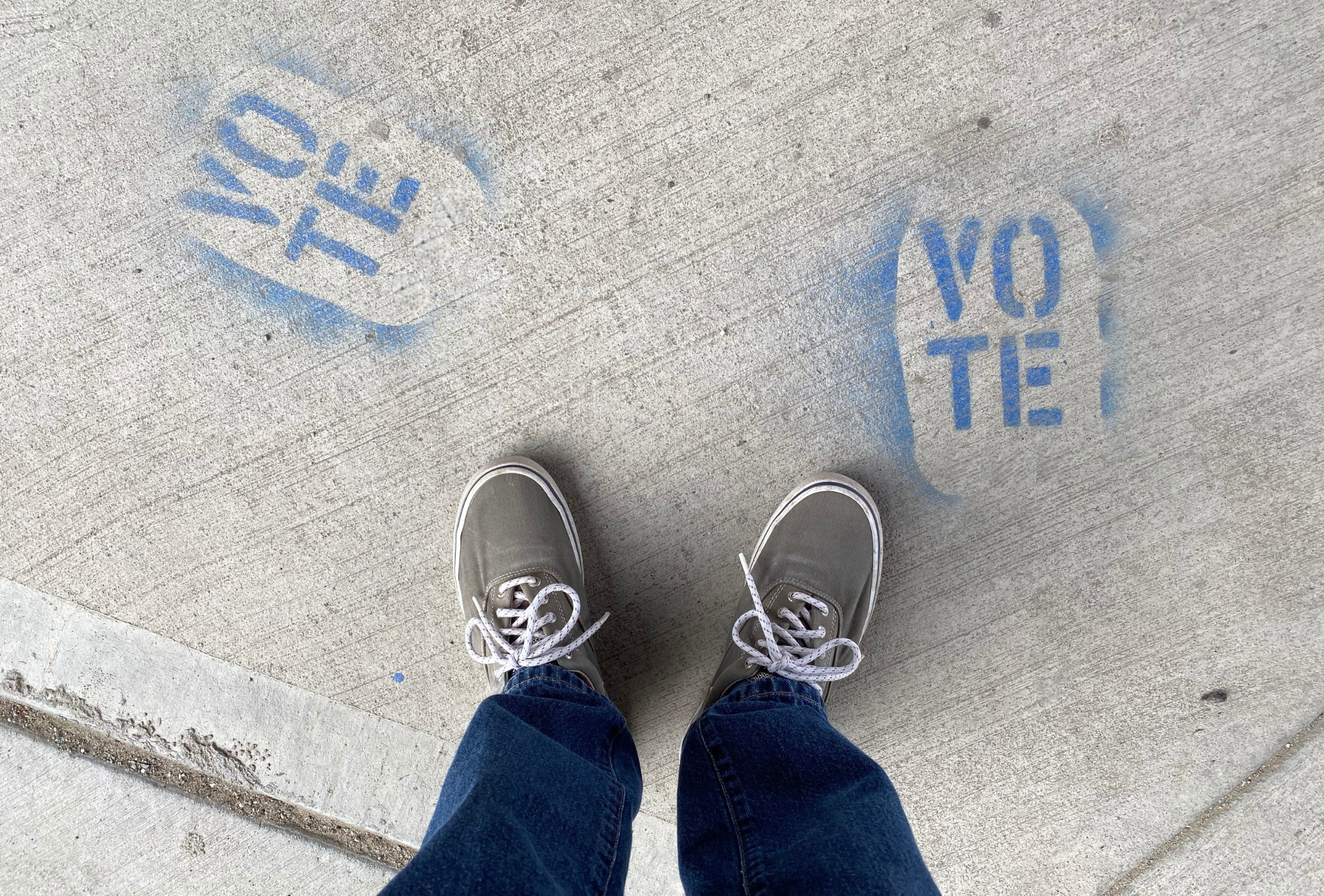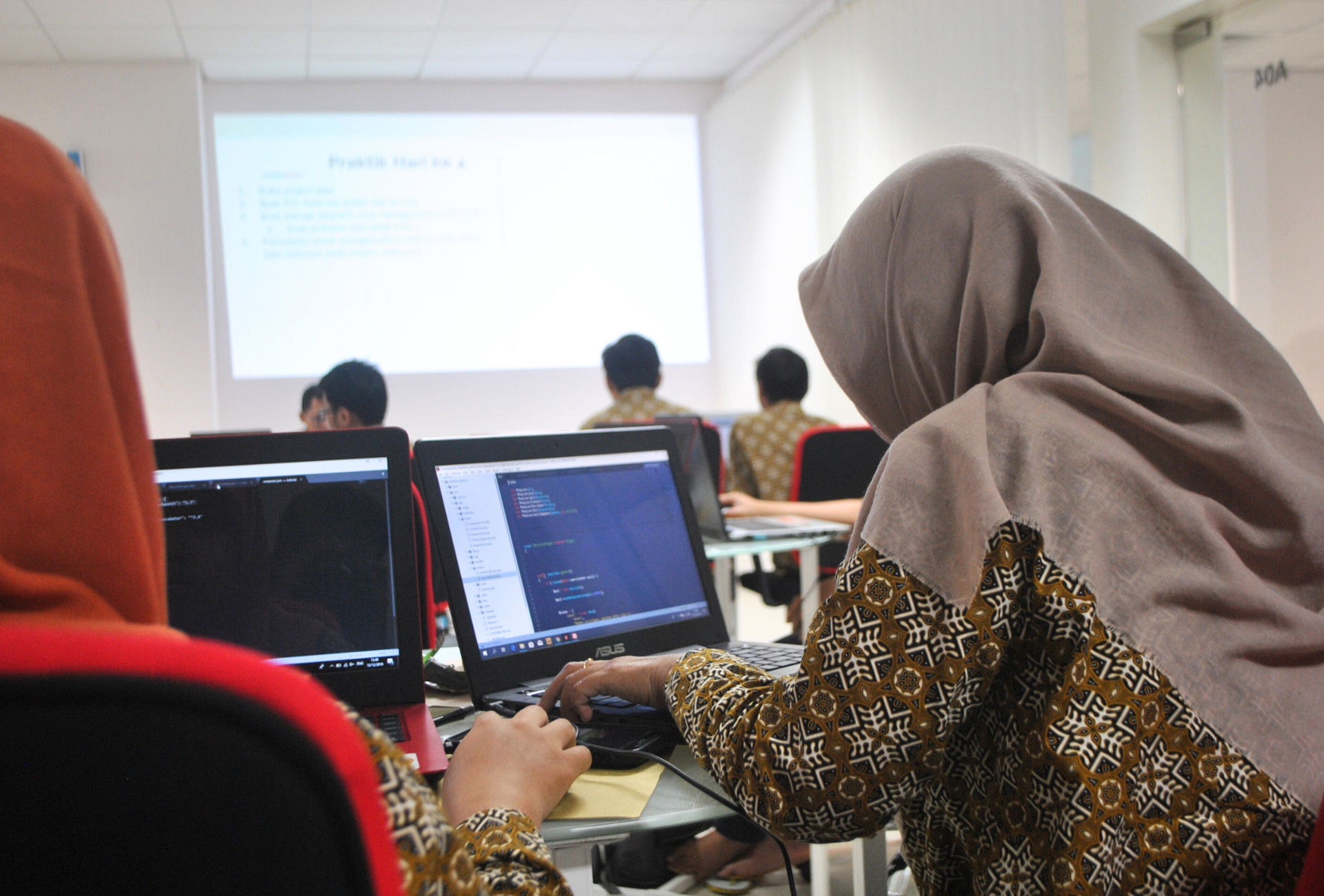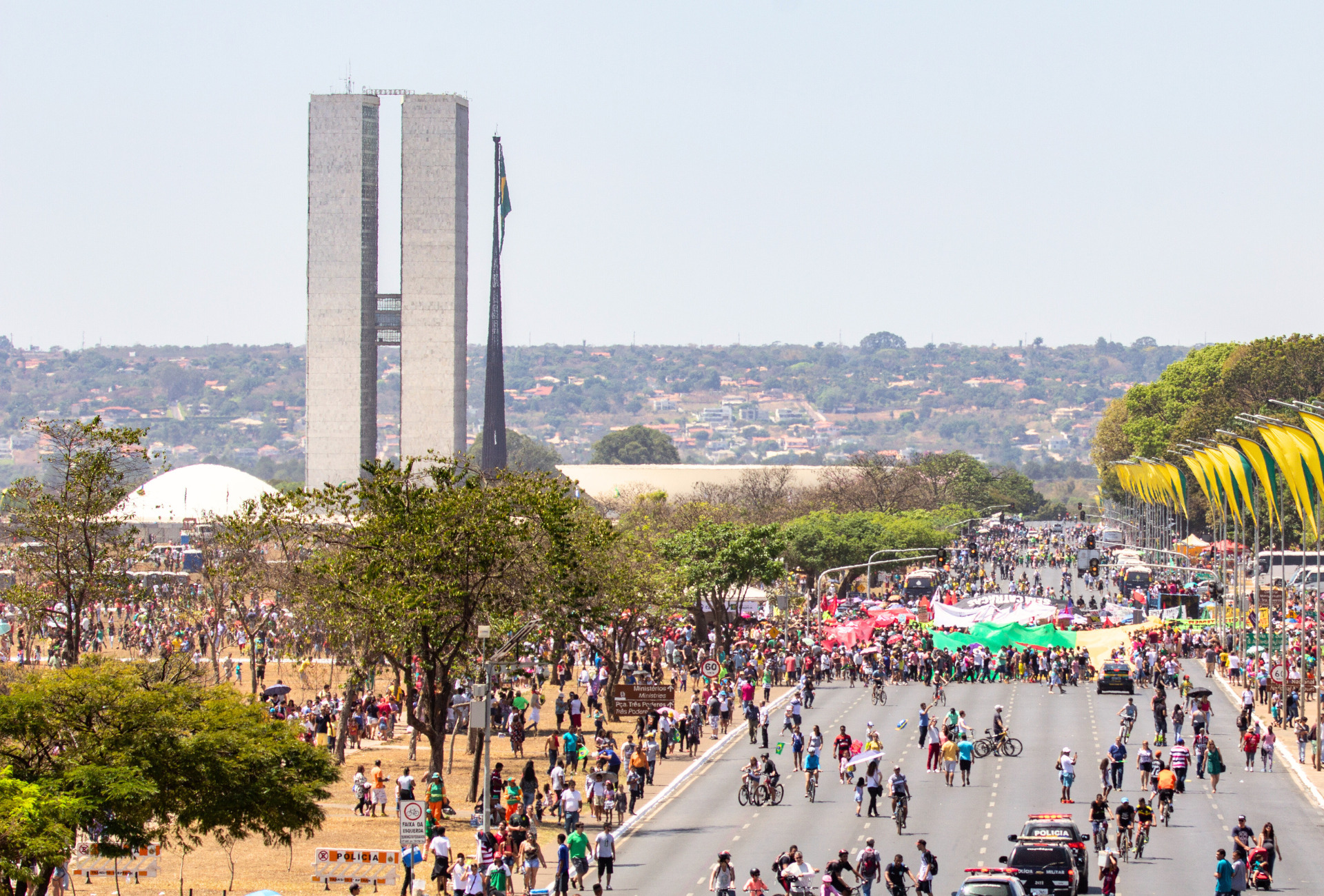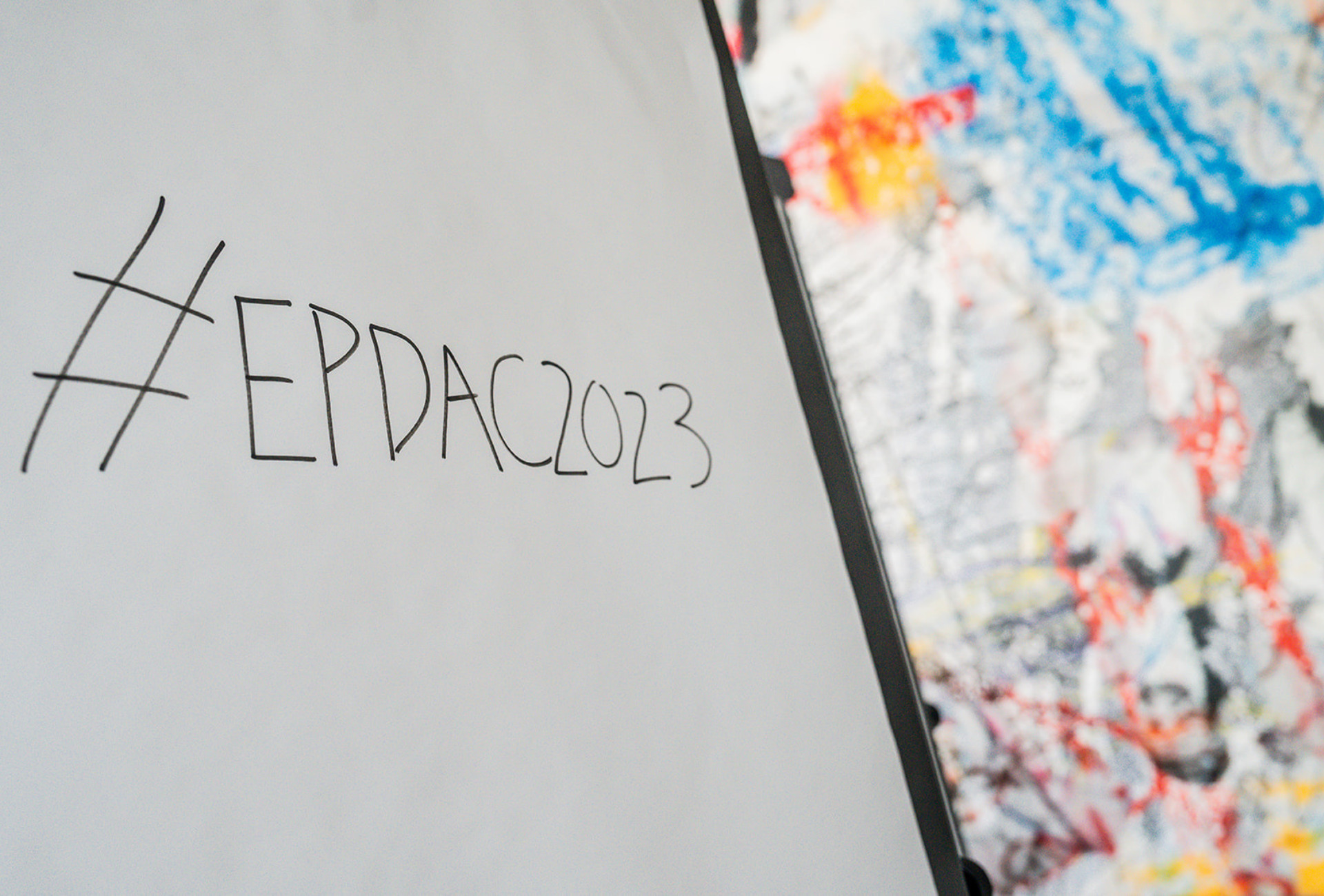While it is too early to know the full impact of the COVID-19 pandemic, it is clear that the fallout will affect human interaction for years to come. In order to better understand the long-term impact on democracy of the crisis, EPD has brought together the expertise of its members to reflect on different scenarios for democracy in a world after the COVID-19 crisis.
The COVID-19 virus has hit at a time of increasing challenges to governance and a widely-recognised trend of gradual autocratisation in many regions of the world. If a crisis is bound to accentuate existing trends, then democracy is in serious danger. But crises also bring opportunity and can radically change politics. In our daily lives, the pandemic may bring about changes to where and how we work, how we arrange our cities, how we meet in groups, where we organise events, how we shop or how we think about our mental and physical health. The socio-economic and political pressure for change will be immense and the ability of states to adapt and self-correct will be vital. Democracies may therefore be better placed to weather the storm than is commonly thought.
This paper sketches out the medium-term consequences of the pandemic for democratic governance around the world based on a comprehensive overview of current trends and evidence. While much has been written about the short-term implications of the COVID-19 fallout for politics, there is surprisingly little published analysis with a longer time horizon beyond papers focused on economics. Much of the analysis has also focused on the policy response, with less attention paid to the more practical implications for supporters of democracy. The paper is written through contributions from organisations on the frontline of supporting democracy around the world and therefore reflects on the practical steps that could be taken to innovate and safeguard democracy in the coming years.
The paper has two sections. The first looks at the likely and credible outcomes of the pandemic that are relevant for democracy. The second looks at possible medium-term scenarios for democracy as a result of these trends. The paper concludes with a series of questions emanating from the exercise that we plan to take forward in further analysis and debate in the coming months.
